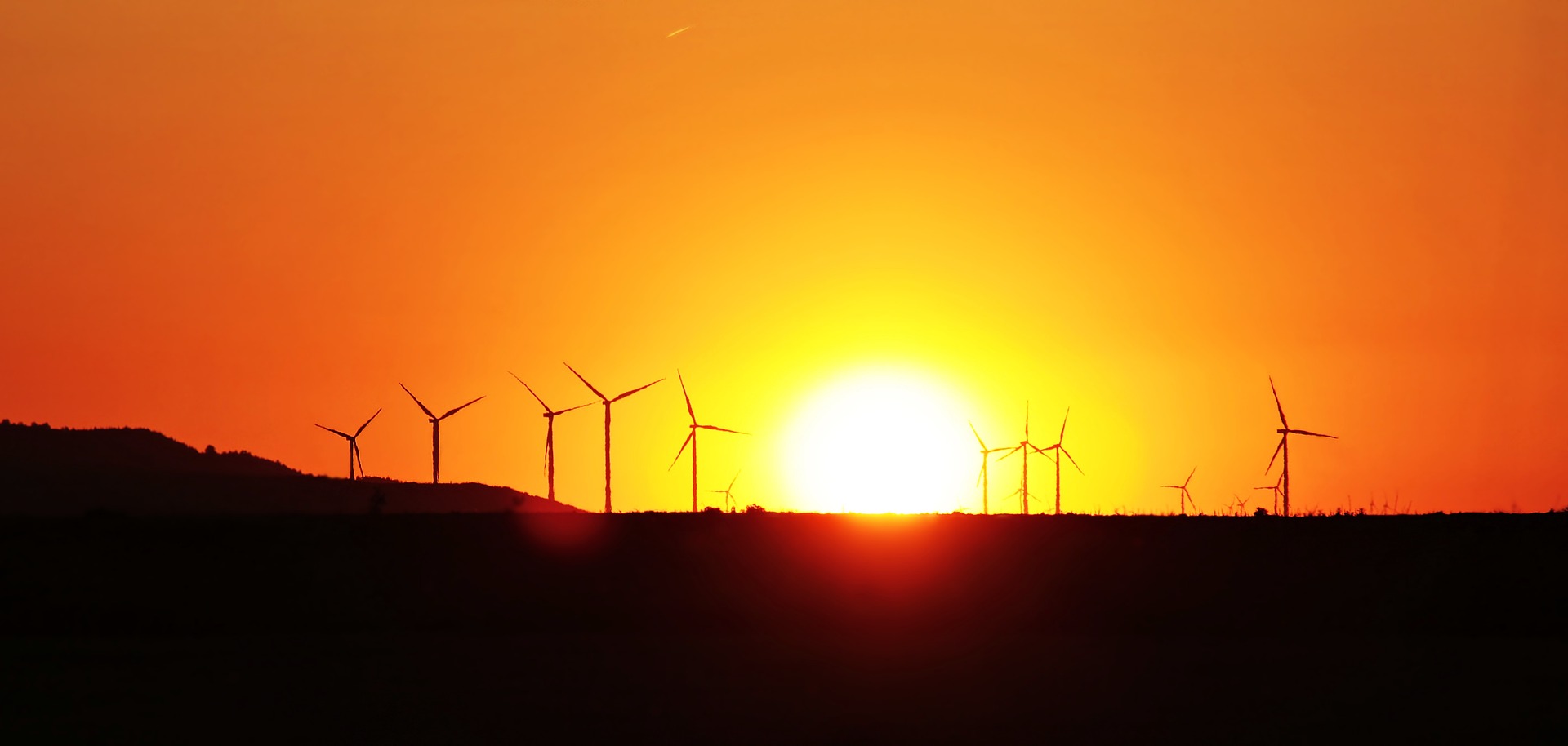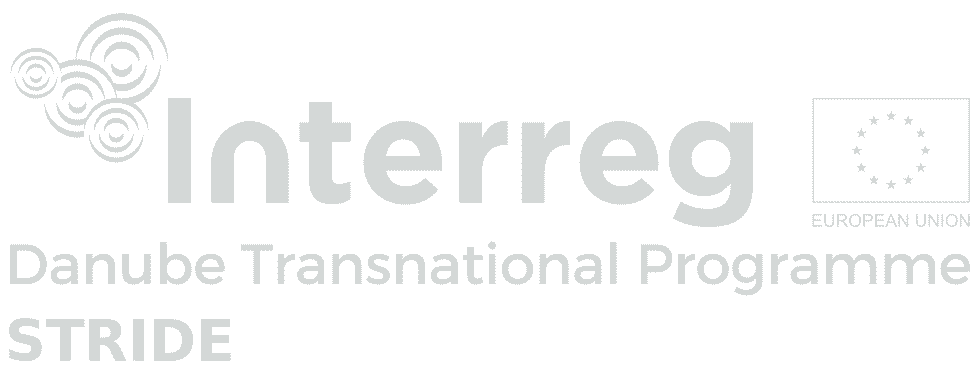According to the latest research, to avoid the worst climate events, global greenhouse gas emissions will have to be halved by 2030 but, more challengingly, reach zero around the middle of the century. Recognizing this reality, a large number of world and national politicians, business people, local leaders, but also “small people” support climate ambitions called “net-zero” or “nonCO2”. Initiatives are global, but implementation must be local.
What does this mean, and by when do we have to do it? We are thought to achieve net-zero emissions when we do not emit greenhouse gases into the atmosphere caused by human activity. The remaining greenhouse gases should be balanced with an equivalent amount of carbon removal in some sinks, such as reforestation, capture and storage technology and the like.
As in any other transition, not all answers exist today. But you have to be optimistic. There are enough answers to move in that direction today, and we will develop the rest along the way.
More on (in Croatian): https://lider.events/energetika/program/

36Th International Conference: Energy 2021 – Towards a Green Recovery
Within the Danube Transnational Programme STRIDE project, the CENER 21 project team successfully presented the research and scientific paper, which served also as the STRIDE





